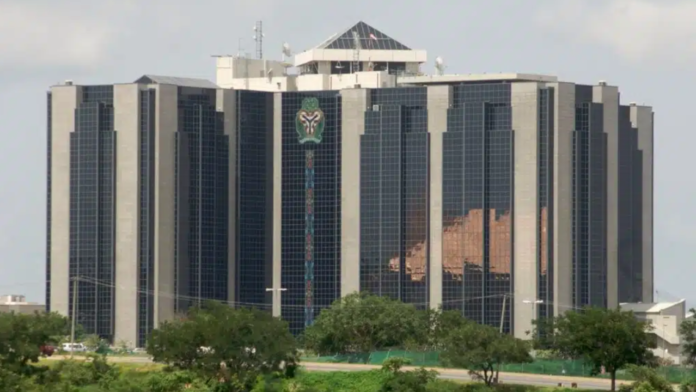The latest statistics from the Central Bank of Nigeria (CBN) has revealed a 16 per cent year-on-year increase in banks’ credit extension to the private sector, reaching ₦74.0 trillion in October 2024.
According to analysts by FBNQuest Capital Research, this marks a deceleration compared to the robust expansion of around 27 per cent recorded in the preceding month. On a month-on-month basis, private sector credit growth contracted by -2 per cent.
BusinessDay reports that the CBN’s Private Sector Credit Extension (PSCE) data encompasses lending across the entire banking system, including contributions from deposit money banks (DMBs), the CBN itself, state-owned development banks like the Bank of Industry, and smaller institutions such as microfinance and non-interest banks.
A key driver of the year-on-year increase in PSCE has been the rise in foreign currency-denominated loans. This surge is largely attributed to the substantial depreciation of the naira over the past year, which has prompted businesses to seek loans in more stable foreign currencies.
“The year-on-year growth of PSCE has been steadily moderating since peaking at approximately 94 percent in February 2024. This sustained slowdown is attributed to the CBN’s stringent monetary policy to curb heightened inflationary pressures,” the report said.
During its most recent Monetary Policy Committee (MPC) meeting in November, the central bank implemented a 25 basis points rate hike, raising the monetary policy rate to 25.70 per cent.
Despite these efforts, headline inflation climbed for the third consecutive month, reaching 34.60 per cent in November, up from 33.88 per cent in October, according to the National Bureau of Statistics.
While PSCE growth has decelerated, other monetary aggregates have seen faster expansion. Broad money supply (M3) and narrow money supply (M2) grew by 46 per cent and 48 per cent, respectively. At the same time, credit extension to the government more than doubled to ₦40.1 trillion.



